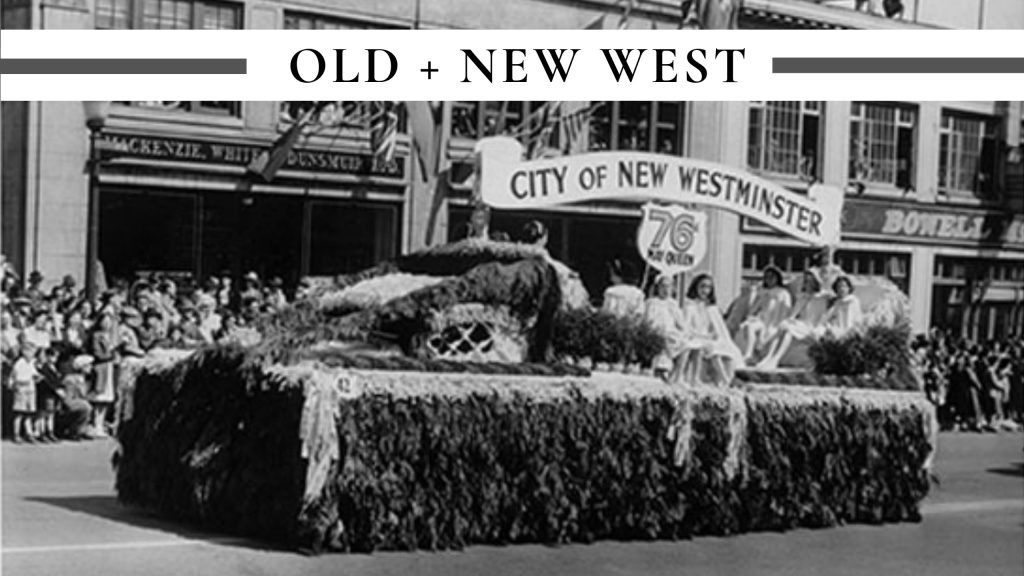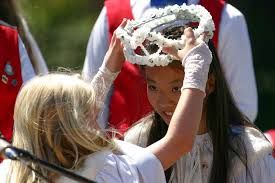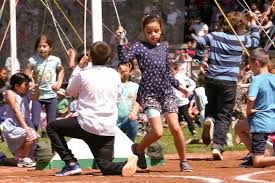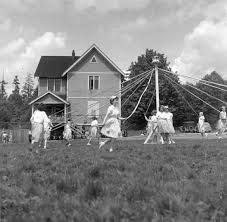
The city of New Westminster was first created in 1859 in response to the discovery of gold along the Fraser River. Although New Westminster started out as the capital of the colony of British Columbia, by 1870, one year before British Columbia joined confederation and became part of Canada, New Westminster no longer served as the capital city and the gold rush had ended. The population of New Westminster fell dramatically to around just 500 people and the future of the city seemed grim. It was this very year that a group of local citizens decided to band together and organize the very first May Day in New Westminster’s history in order to cheer the disheartened citizens.
Held in the city of New Westminster is the longest continually observed May Day within the British Commonwealth, first celebrated on May 4, 1870. This past Wednesday, the official May Day celebration took place within Queen’s Park.


The practice of holding a large celebration in the month of May did not begin in New Westminster, but originated as an ancient European spring festival, typically held on May 1. Although it is not clear exactly when this practice began, it is clear that it dated back to at least the Roman republican era when festivals were held within the month of May for the goddess of flowers, Flora, as well as for Dionysus and Aphrodite. The most common May Day traditions observed both in Europe and North America include dancing around the maypole and crowning the May Queen.
In New Westminster, the first May Day included a party, games, sports, and a free lunch. Although the festival has evolved over time, there are many key elements from the original festival that continue to this day such as the crowning of the May Queen, the honour of Guard boys, and children dancing around maypoles.
A maypole is a tall wooden pole erected as part of various European folk festivals that often involves a dance taking place around it. Although the origin of the maypole is unknown, it has traditionally been found within Germanic Europe and the neighbouring areas. It has often been speculated by scholars that the maypole had importance in Germanic paganism, but more recent scholarship has found that the maypole may have instead arose in the context of medieval Christian Europe.

The other key part of the May Day celebrations is the crowning of the May Queen. The May Queen serves as a personification for the May Day holiday and of springtime and she must walk or ride at the front of a parade during the May Day celebrations. The May Queen wears a white gown to symbolize purity and she is usually crowned with a tiara or a crown before giving a speech. Today, New Westminster is the only location outside of the United Kingdom that continues this tradition.
The Video below shows various scenes from the May Day celebration in New Westminster throughout multiple years, including scenes from the 1971 event that Queen Elizabeth II and Prince Phillip attended.
Although this year’s May Day celebration is over, the Hyack International Parade and Uptown Street Festival will be this Saturday, marking the end of a week of celebrations. Also, next year will be May Day’s 150th anniversary, a milestone you will not want to miss!
May Day
[simple-author-box]
